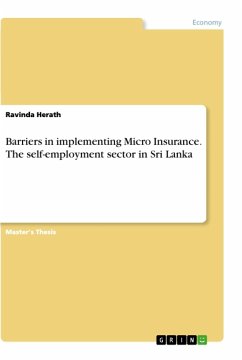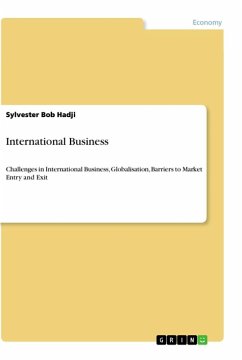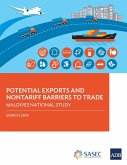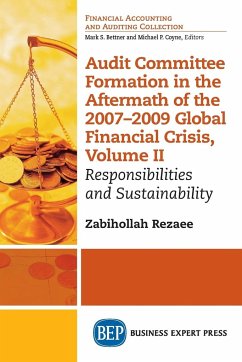Master's Thesis from the year 2014 in the subject Business economics - Miscellaneous, grade: Pass, , course: Entrepreneurship, language: English, abstract: The Micro, Small and Medium Sized Enterprises (MSMEs) are the backbone engine for the economic development of any nation. They contribute to the reduction of poverty through creation employment. They actively contribute to the Gross Domestic Product (GDP) and similarly to the Gross National Product (GNP). The MSMEs of today are the large multinational corporations of tomorrow. These are the corporations which will inevitably outlive their founders for generations to come. In order for them to fulfil the above effectively, they require financial support. Therefore, there is need to establish schemes which will narrow the financial barriers that suffocate indigenous enterprise formation. This is the focus of this document. For purposes of data collection leading to the answering of the research questions, this study used cluster sampling in which it divided its target population of 200 into four clusters namely: A (Commercial Banks); B (Non-Bank Institutions); C (Government Agencies); and D (Indigenous SMEs) MSMEs on the Copperbelt Province in the Republic of Zambia have continued to express dissatisfaction about lack or inadequate of financial support from government and financial lending institutions as much as funding of entrepreneurial activities is concern. It is for this reason that this study aimed at establishing the financial barriers that impede SMEs from accessing funds for enterprise formation and the make recommendations on how these barriers could be bridged. The results obtained demonstrated that MSMEs failed to get financial assistance due to among other financial barriers; the lack of information on financing options; the failure of MSMEs to formalise their businesses; lack of proper financial statements demanded for by the lending institutions; lack of appropriate and adequate collateral; the high cost of borrowing; the intensity of documentation when attempting to access finance; finacial indiscipline and poor credit history; and the negative image that lenders have about entrepreneurs. These are barriers to access of finance by entrepreneurs that are desirous of either starting up enterprises or growing their already existing ones. Central to the successful access of finance by SMEs was financial literacy and availability of information on the services and products that financials institutions and government agencies such as CEEC offer. [...]
Hinweis: Dieser Artikel kann nur an eine deutsche Lieferadresse ausgeliefert werden.
Hinweis: Dieser Artikel kann nur an eine deutsche Lieferadresse ausgeliefert werden.








